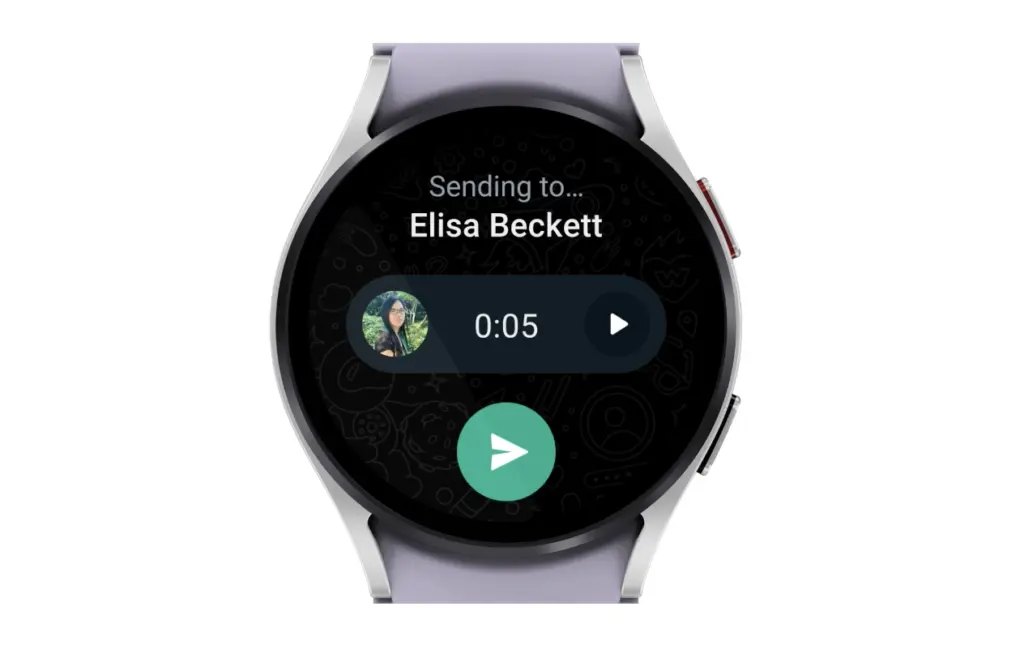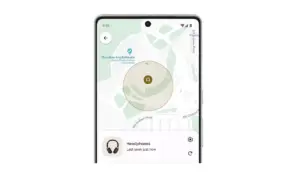Artificial intelligence (AI) was slathered over the Google I/O developer conference, where this year’s announcements included a information on a new Android ecosystem. With over 3 billion active Android devices worldwide, the tech giant used the conference to claim some of the mojo it lost with a botched initial launch of Bard, its AI competitor to ChatGPT.

Large-Screen Android Devices and Foldable Phones
Google has increased its focus on enhancing app experiences for larger screens. Over 50 Google apps, including Gmail, Photos, and Meet, have been optimized for larger screens, and popular apps like Spotify, Minecraft, and Disney+ have been redesigned to look beautiful and feel intuitive on larger screens. These optimizations also translate to foldable phones, which are gaining popularity thanks to improved multi-column layouts, smooth transitions, and a practical tabletop mode.\
Android on Your TV and In Your Car
Android TV OS is now the leading streaming platform worldwide by shipments, offering more than 800 free TV channels in one place. Android also continues to evolve in-car experiences with Android Auto and cars with Google built-in. Android Auto is projected to be available in 200 million cars by the end of the year, with the number of car models with Google built-in expected to more than double.
Devices Working Better Together
Google aims to create a seamlessly interconnected ecosystem of devices. Fast Pair expedites the setup process for device pairing, while Casting and Nearby Share simplify content sharing between devices. Google is also updating Find My Device to support a wider range of devices, ensuring that users can keep track of all their devices efficiently.
AI-Driven Personalization
Google is going to use AI to make Android devices more personalized, protecting users from spam and introducing new features like Magic Compose, Cinematic Wallpaper, and Generative AI Wallpaper. These advancements use the power of AI to provide a more unique and customized user experience, and maybe users’ first and only exposure to the hottest technology around. Maybe the idea is to take the sting out of AI bringing down humanity.
Staying Connected with RCS
In line with Google’s commitment to connectivity, it has collaborated with major carriers and manufacturers to adopt RCS (rich communication services). There are now over 800 million people with RCS, with the number expected to reach 1 billion by the end of the year. This allows users to share high-quality images and videos, see typing notifications, and stay protected with end-to-end encryption, irrespective of the device they are using. Developers looking to leverage these new features can find more information on the Android Developers Blog.

